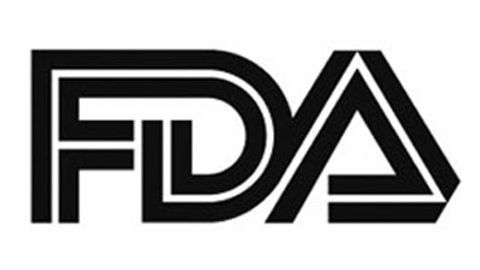FDA Approves Margetuximab Plus Chemotherapy in HER2+ Metastatic Breast Cancer
The FDA granted approval to the Fc-engineered, monoclonal antibody margetuximab in combination with chemotherapy, as treatment of adult patients with metastatic HER2-positive breast cancer who have received two or more prior anti-HER2 regimens, at least one of which was for metastatic disease.

The FDA granted approval to the Fc-engineered, monoclonal antibody margetuximab (MGAH22) in combination with chemotherapy, as treatment of adult patients with metastatic HER2-positive breast cancer who have received two or more prior anti-HER2 regimens, at least one of which was for metastatic disease, according to a press release from MacroGenics, Inc.1
“Early detection and treatment have had a positive impact on the survival of patients with breast cancer, but the prognosis for people diagnosed with metastatic breast cancer remains poor, and additional treatments are needed,” said Hope S. Rugo, M.D., professor of medicine and Director of Breast Oncology and Clinical Trials Education, University of California San Francisco Helen Diller Family Comprehensive Cancer Center, in a statement. “As the only HER2-targeted agent to have shown a PFS improvement versus trastuzumab in a head-to-head Phase 3 clinical trial, Margenza with chemotherapy represents the newest treatment option for patients who have progressed on available HER2-directed therapies.”
Approval of the combination was granted on the basis of data from the phase 3 SOPHIA clinical trial (NCT02492711) of margetuximab/chemotherapy versus trastuzumab (Herceptin) plus chemotherapy as treatment of patients with HER2-positive metastatic breast cancer who have received prior anti-HER2 therapies and require systemic treatment.
In the study, randomization was 1:1 and 266 patients were treated with margetuximab plus chemotherapy while 270 were treated with trastuzumab plus chemotherapy. The goal of the study was to demonstrated efficacy with the experimental margetuximab combination, which could potentially offer a new option to patients who become relapsed or refractory to trastuzumab, pertuzumab (Perjeta), or ado-trastuzumab emtansine (Kadcyla). To demonstrate efficacy, the study explored the coprimary end points of progression-free survival (PFS), overall survival (OS), and safety defined by the incidence of grade 3 or higher infusion-related reactions. Secondary end points for SOPHIA included investigator-assessed PFS, objective response rate (ORR) by independent radiographic review, and safety defined by the incidence of any-grade infusion-related reactions.
Results from the final analysis of the SOPHIA trial showed that the combination led to a 24% reduction in the risk of disease progression or death compared with trastuzumab plus chemotherapy (HR, 0.76; 95% CI, 0.59-0.98; P =0.033. The median PFS observed with the combination of margetuximab plus chemotherapy was 5.8 compared with 4.9 in the trastuzumab plus chemotherapy arm. The experimental combination also had a median OS of 22% compared with 16% in the trastuzmab combination arm.
Patients in the SOPHIA study received 15 mg/kg intravenously every 3 weeks or either study drug. Treatment led to grade ≥3 adverse events (AEs) in 52% of the patients who received margetuximab compared with 48% of those who received trastuzumab. The AEs which occurred in more than 20% of patients included fatigue/asthenia (57%), nausea (33%), diarrhea (25%), and vomiting (21%). In addition, serious AEs were observed in 15% of those in the margetuximab arm versus 17% in the trastuzumab arm.
References:
MacroGenics announces FDA approval of margenza™ for patients with pretreated metastatic HER2-positive breast cancer. News release. MacroGenics, Inc. December 16, 2020. Accessed December 16, 2020. https://bit.ly/38afdI3
Durability and Intracranial Efficacy Observed With T-DXd in HER2+ MBC
January 13th 2025During a Case-Based Roundtable® event, Ian Krop, MD, and participants discussed how the outcomes of the DESTINY-Breast03 and other trials impact treatment of metastatic HER2-positive breast cancer in the second article of a 2-part series.
Read More